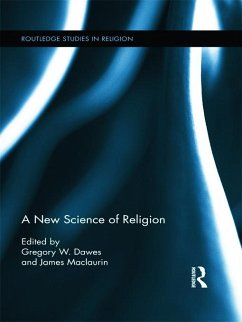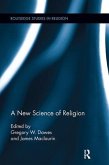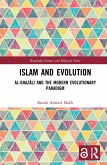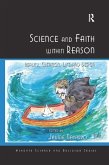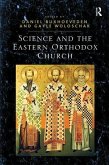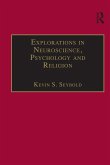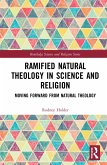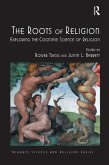Religious belief, once in the domain of the humanities, has found a new home in the sciences. Promising new developments in the study of religion by cognitive scientists and evolutionary theorists put forward empirical hypotheses regarding the origin, spread, and character of religious beliefs. Different theories deal with different aspects of human religiosity - some focus on religious beliefs, while others focus on religious actions, and still others on the origin of religious ideas. While these theories might share a similar focus, there is plenty of disagreement in the explanations they offer. This volume examines the diversity of new scientific theories of religion, by outlining the logical and causal relationships between these enterprises. Are they truly in competition, as their proponents sometimes suggest, or are they complementary and mutually illuminating accounts of religious belief and practice? Cognitive science has gained much from an interdisciplinary focus on mental function, and this volume explores the benefits that can be gained from a similar approach to the scientific study of religion.
Hinweis: Dieser Artikel kann nur an eine deutsche Lieferadresse ausgeliefert werden.
Hinweis: Dieser Artikel kann nur an eine deutsche Lieferadresse ausgeliefert werden.

